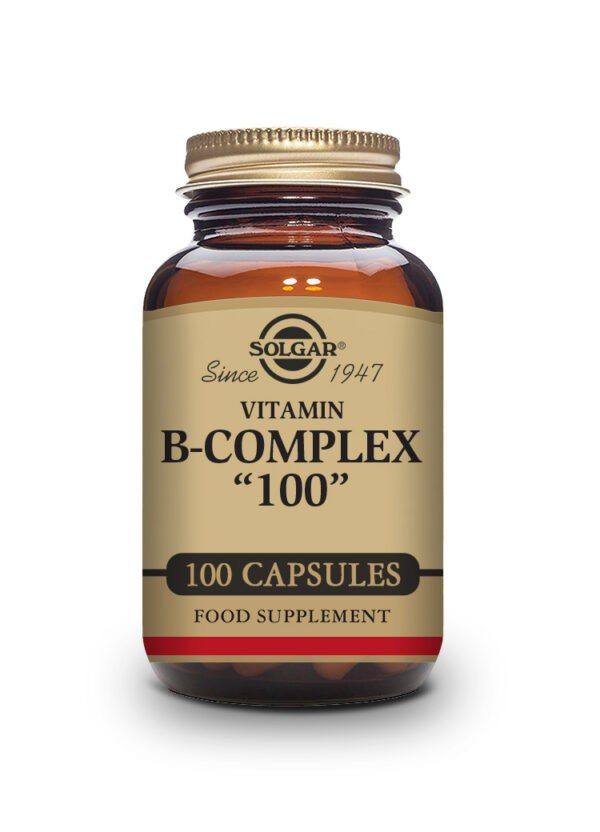
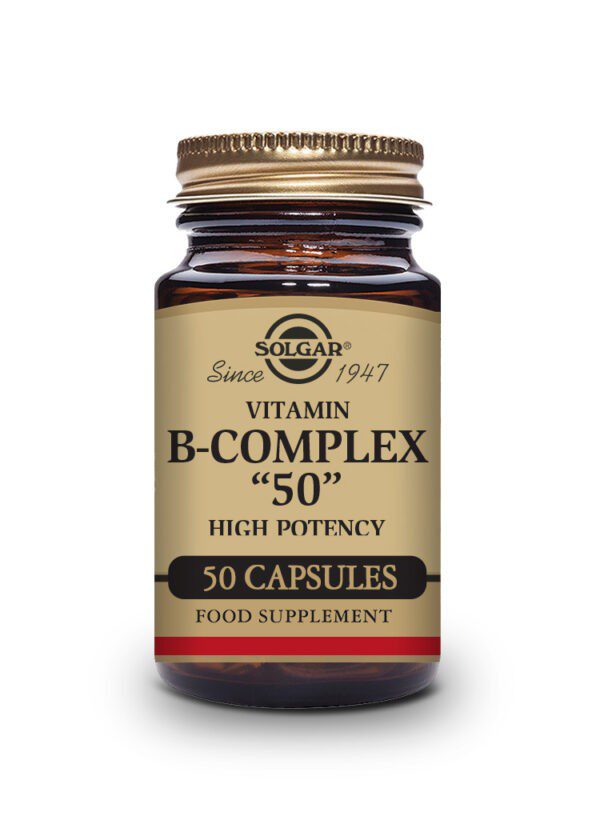
Antioxidant Nutrients Solgar
£18.80 – £35.59
Antioxidant Nutrients
Antioxidant nutrients are essential compounds that play a crucial role in protecting our cells and tissues from damage caused by harmful molecules known as free radicals. Free radicals are highly reactive molecules that are generated as by products of various metabolic processes in the body, as well as through exposure to factors like pollution, radiation, and unhealthy diets.
If left unchecked, excessive free radical activity can lead to oxidative stress, which is associated with a variety of health issues, including inflammation, aging, and chronic diseases such as cancer, heart disease, and neurodegenerative disorders.
Antioxidant nutrients work by neutralizing free radicals, preventing them from causing damage to cells and DNA. Some of the key antioxidant nutrients include:
1. **Vitamin C (Ascorbic Acid):** Found in fruits and vegetables such as citrus fruits, strawberries, bell peppers, and broccoli, vitamin C is water-soluble and helps protect cells from oxidative damage. It also regenerates vitamin E and helps maintain the skin, blood vessels, and connective tissues.
2. **Vitamin E (Tocopherols and Tocotrienols):** Found in nuts, seeds, vegetable oils, and leafy greens, vitamin E is fat-soluble and works primarily within cell membranes to prevent lipid peroxidation, a process that damages cell structures.
3. **Beta-Carotene (a precursor to Vitamin A):** Present in orange and dark green vegetables, beta-carotene is a carotenoid that converts to vitamin A in the body. It helps protect the skin and eyes and has antioxidant properties.
4. **Selenium:** This trace mineral is a component of the enzyme glutathione peroxidase, which helps neutralize hydrogen peroxide and lipid hydroperoxides. Good dietary sources include Brazil nuts, seafood, and meat.
5. **Zinc:** Although not as well-known for its antioxidant properties, zinc is involved in maintaining the structure and function of antioxidant enzymes in the body.
6. **Copper:** Like zinc, copper is involved in the functioning of antioxidant enzymes. It plays a role in the body’s defense against oxidative stress.
7. **Flavonoids:** These are plant compounds found in a variety of fruits, vegetables, tea, and red wine. They possess antioxidant and anti-inflammatory properties.
8. **Polyphenols:** These are a diverse group of compounds found in plant-based foods such as berries, grapes, cocoa, and green tea. They have been associated with various health benefits, including antioxidant effects.
9. **Coenzyme Q10 (CoQ10):** While not a traditional nutrient, CoQ10 is a molecule that plays a vital role in energy production within cells and has antioxidant properties. It is found in various foods and can also be synthesized by the body.
It’s important to note that while antioxidant nutrients are essential for maintaining health, the concept of simply consuming large amounts of antioxidants as supplements isn’t necessarily proven to be more beneficial and might even have potential risks.
A balanced diet rich in a variety of fruits, vegetables, whole grains, nuts, seeds, and lean proteins is generally the best way to ensure you’re getting an adequate intake of antioxidants and other essential nutrients.
Antioxidant Nutrients is a combination of several vitamins and minerals who all have strong antioxidant benefits,


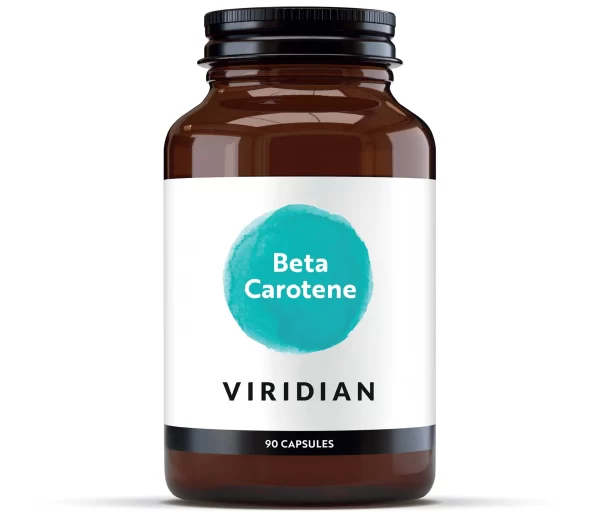
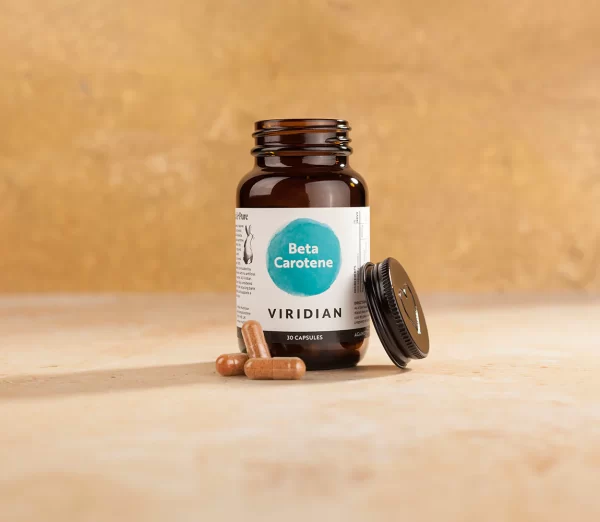
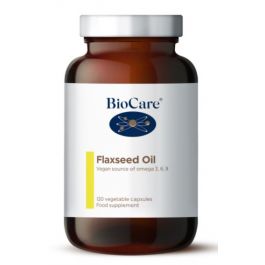
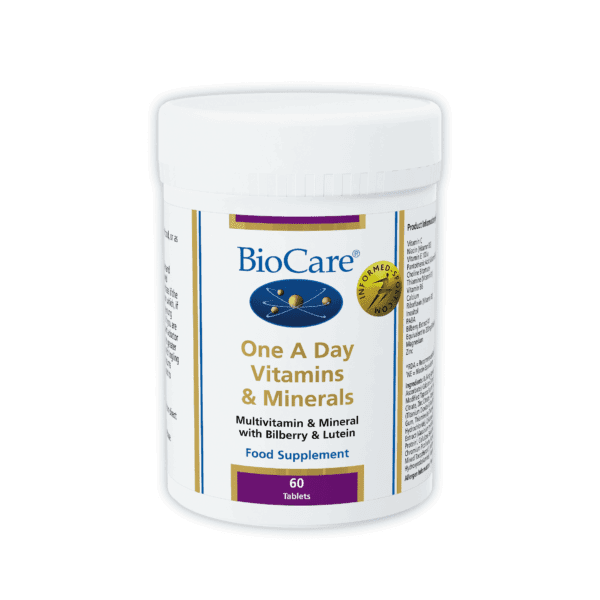
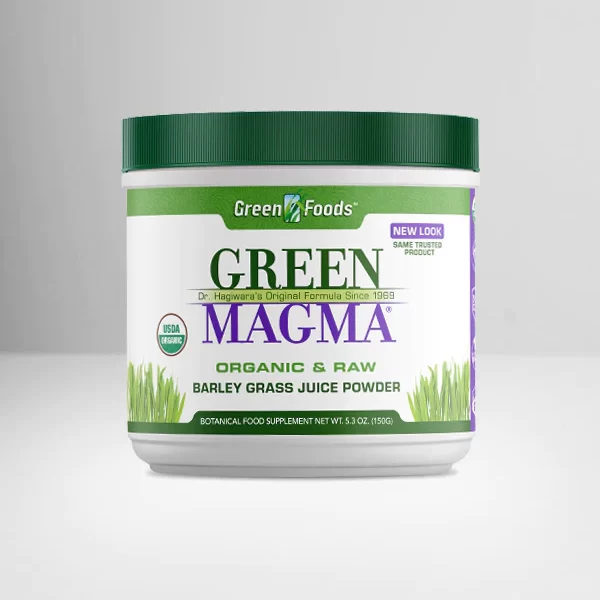
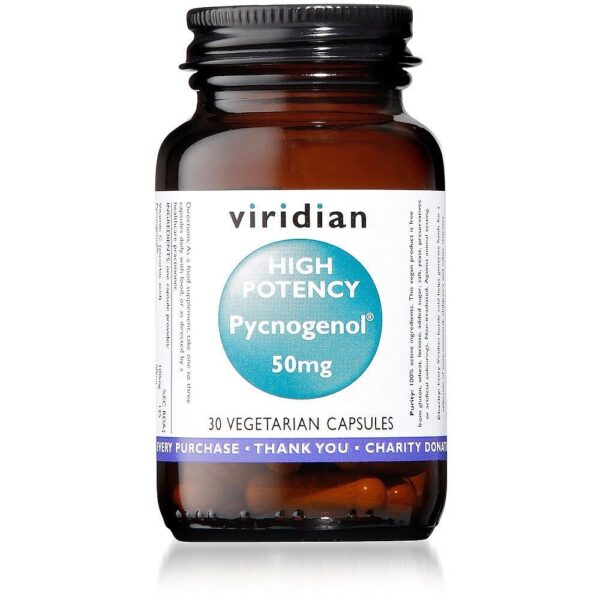
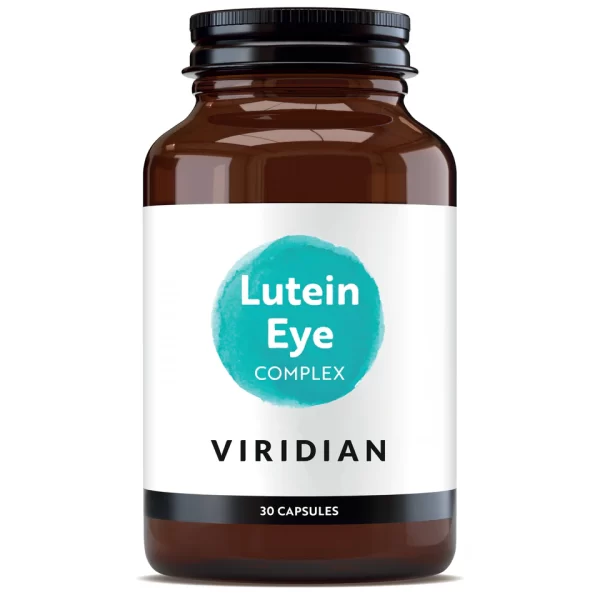
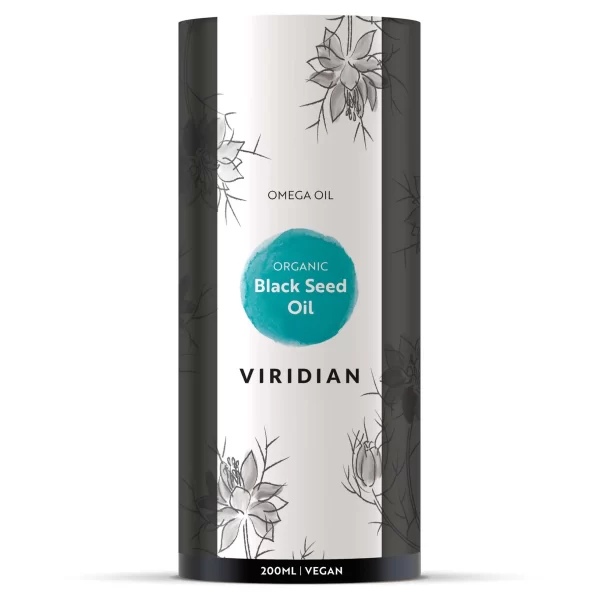
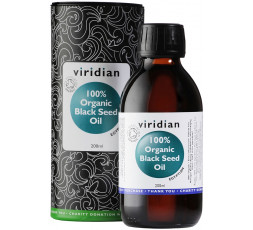
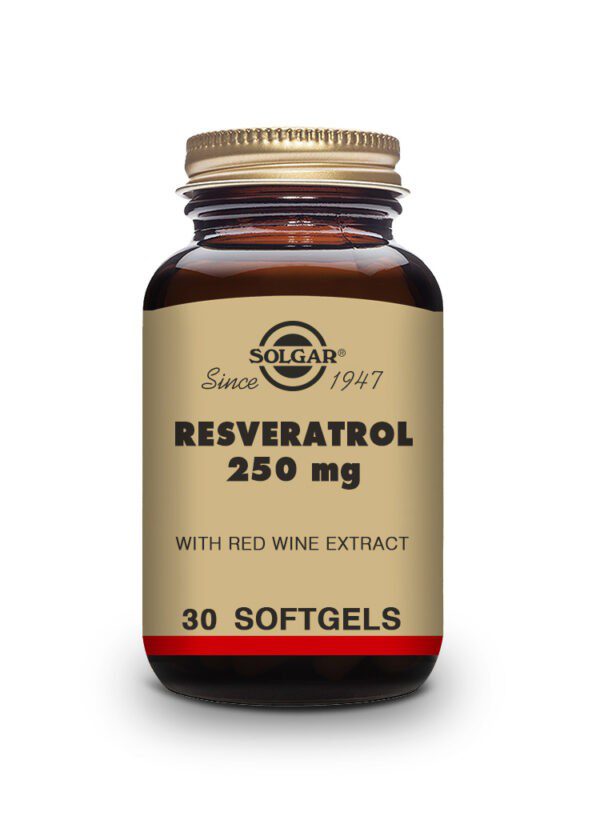




Reviews
There are no reviews yet.